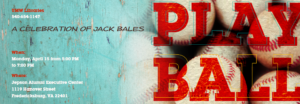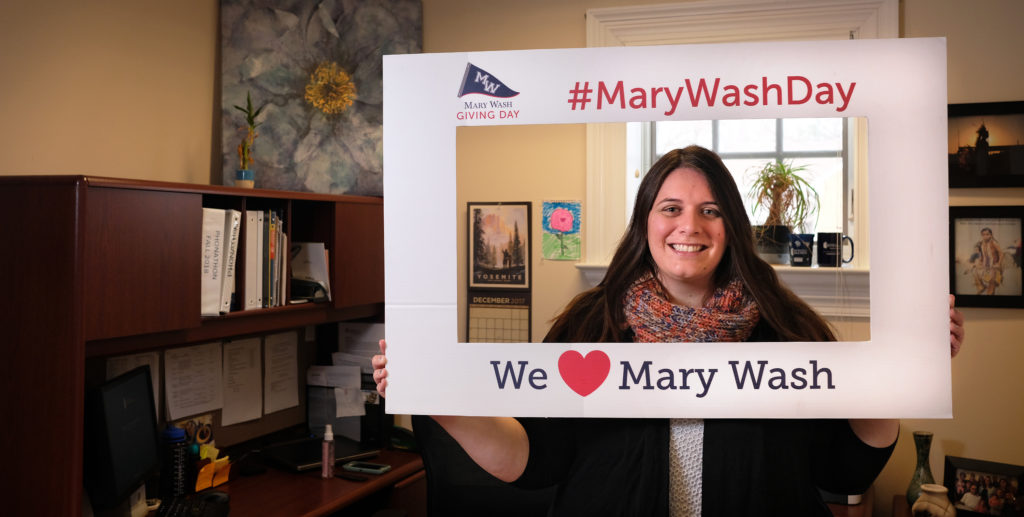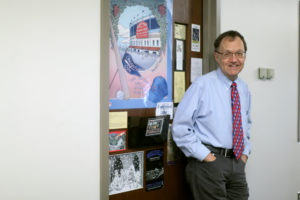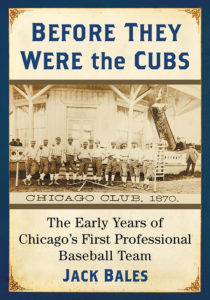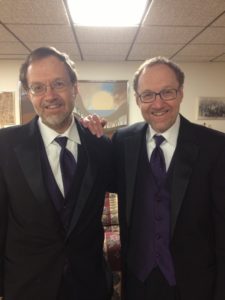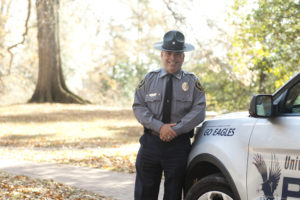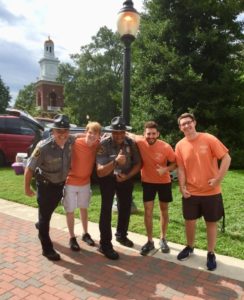UMW Libraries will hold a gathering to honor Reference and Humanities Librarian Jack Bales in celebration of the recent publication of his book Before They Were the Cubs: The Early Years of Chicago’s First Professional Baseball Team. The festivity, which promises baseball, books and even hotdogs, will be held Monday, April 15, from 5 to 7 p.m. at the Jepson Alumni Executive Center located on Hanover Street.
Bales, who grew up near Chicago and became a diehard Cubs fan, covers the team’s rarely addressed formative years. In true librarian style, he cites thousands of original sources—though the amazing read isn’t limited to baseball lovers.
“Comments have been positive and gratifying, especially from people who don’t particularly enjoy baseball,” says Bales, who’s assisted generations of students with research and taught hundreds of library classes in his nearly four decades at UMW. “They’re getting caught up in the stories and the vignettes of the players, as well as just the whole period that is covered—19th-century America.”
To view the invitation and RSVP, go to:

